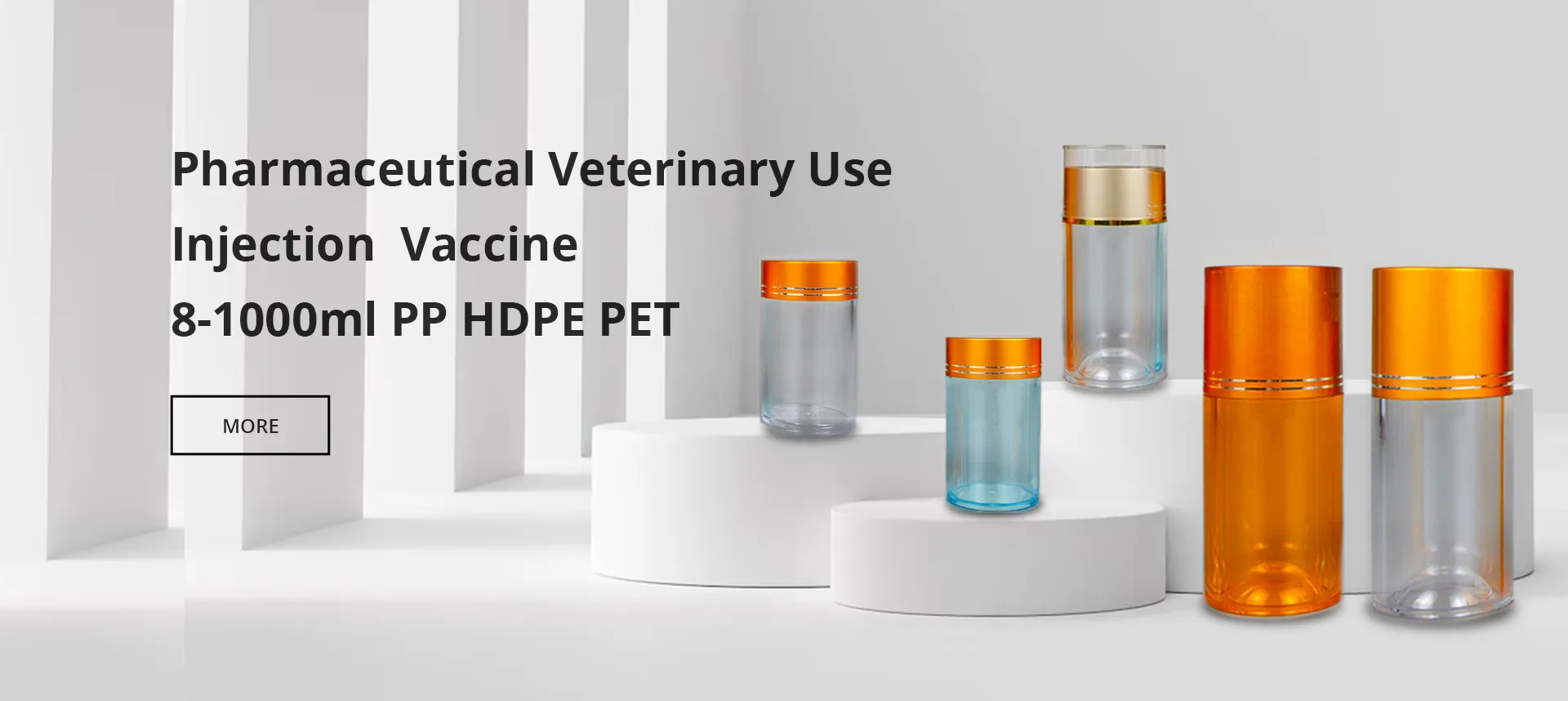
-
 Afrikaans
Afrikaans -
 Albanian
Albanian -
 Amharic
Amharic -
 Arabic
Arabic -
 Armenian
Armenian -
 Azerbaijani
Azerbaijani -
 Basque
Basque -
 Belarusian
Belarusian -
 Bengali
Bengali -
 Bosnian
Bosnian -
 Bulgarian
Bulgarian -
 Catalan
Catalan -
 Cebuano
Cebuano -
 Corsican
Corsican -
 Croatian
Croatian -
 Czech
Czech -
 Danish
Danish -
 Dutch
Dutch -
 English
English -
 Esperanto
Esperanto -
 Estonian
Estonian -
 Finnish
Finnish -
 French
French -
 Frisian
Frisian -
 Galician
Galician -
 Georgian
Georgian -
 German
German -
 Greek
Greek -
 Gujarati
Gujarati -
 Haitian Creole
Haitian Creole -
 hausa
hausa -
 hawaiian
hawaiian -
 Hebrew
Hebrew -
 Hindi
Hindi -
 Miao
Miao -
 Hungarian
Hungarian -
 Icelandic
Icelandic -
 igbo
igbo -
 Indonesian
Indonesian -
 irish
irish -
 Italian
Italian -
 Japanese
Japanese -
 Javanese
Javanese -
 Kannada
Kannada -
 kazakh
kazakh -
 Khmer
Khmer -
 Rwandese
Rwandese -
 Korean
Korean -
 Kurdish
Kurdish -
 Kyrgyz
Kyrgyz -
 Lao
Lao -
 Latin
Latin -
 Latvian
Latvian -
 Lithuanian
Lithuanian -
 Luxembourgish
Luxembourgish -
 Macedonian
Macedonian -
 Malgashi
Malgashi -
 Malay
Malay -
 Malayalam
Malayalam -
 Maltese
Maltese -
 Maori
Maori -
 Marathi
Marathi -
 Mongolian
Mongolian -
 Myanmar
Myanmar -
 Nepali
Nepali -
 Norwegian
Norwegian -
 Norwegian
Norwegian -
 Occitan
Occitan -
 Pashto
Pashto -
 Persian
Persian -
 Polish
Polish -
 Portuguese
Portuguese -
 Punjabi
Punjabi -
 Romanian
Romanian -
 Russian
Russian -
 Samoan
Samoan -
 Scottish Gaelic
Scottish Gaelic -
 Serbian
Serbian -
 Sesotho
Sesotho -
 Shona
Shona -
 Sindhi
Sindhi -
 Sinhala
Sinhala -
 Slovak
Slovak -
 Slovenian
Slovenian -
 Somali
Somali -
 Spanish
Spanish -
 Sundanese
Sundanese -
 Swahili
Swahili -
 Swedish
Swedish -
 Tagalog
Tagalog -
 Tajik
Tajik -
 Tamil
Tamil -
 Tatar
Tatar -
 Telugu
Telugu -
 Thai
Thai -
 Turkish
Turkish -
 Turkmen
Turkmen -
 Ukrainian
Ukrainian -
 Urdu
Urdu -
 Uighur
Uighur -
 Uzbek
Uzbek -
 Vietnamese
Vietnamese -
 Welsh
Welsh -
 Bantu
Bantu -
 Yiddish
Yiddish -
 Yoruba
Yoruba -
 Zulu
Zulu
Sustainable Alternatives to Plastic Beverage Bottles for Eco-Friendly Consumption
The Impact of Plastic Beverage Bottles on Our Environment
Plastic beverage bottles have become ubiquitous in our daily lives, serving as a convenient way to carry and consume drinks. However, their widespread use has significant environmental implications that cannot be overlooked. As consumers, businesses, and policymakers become increasingly aware of these implications, it is vital to explore both the benefits and drawbacks of plastic beverage bottles, as well as potential solutions to mitigate their impact on the planet.
One of the primary advantages of plastic beverage bottles is their lightweight and durable nature. These bottles are designed to be shatterproof, making them a practical choice for various settings, from gyms to outdoor events. Additionally, they are cost-effective to produce, which contributes to their popularity in the beverage industry. Companies often use plastic bottles due to their ability to store liquids safely for extended periods, which is crucial for maintaining product quality.
However, the convenience of plastic beverage bottles comes at a high environmental cost. The production of these bottles is resource-intensive, requiring significant amounts of fossil fuels for manufacturing and transportation. According to various studies, millions of barrels of oil are consumed annually just to produce plastic bottles. Furthermore, the materials used in plastic bottles, primarily polyethylene terephthalate (PET), are derived from non-renewable resources, leading to a depletion of fossil fuels.
plastic beverage bottle

Once disposed of, plastic beverage bottles pose a severe threat to the environment. Despite efforts to promote recycling, a substantial percentage of these bottles end up in landfills, oceans, and other ecosystems. It is estimated that only around 30% of plastic bottles are recycled; the rest contribute to the growing problem of plastic pollution. Marine life often mistakes plastic for food, leading to ingestion and entanglement, which can be fatal. Moreover, as plastics break down into microplastics, they can infiltrate the food chain, posing risks to human health as well.
Addressing the challenges posed by plastic beverage bottles requires a multifaceted approach. Firstly, increasing consumer awareness about the importance of recycling and proper waste disposal is essential. Educational campaigns can encourage individuals to take responsibility for their consumption patterns and opt for reusable alternatives. In recent years, the trend of using reusable water bottles has gained traction, allowing consumers to significantly reduce their plastic footprint.
Additionally, companies are exploring innovative solutions to minimize plastic use. Some beverage manufacturers have begun investing in biodegradable materials or adopting practices such as using recycled plastics in their production processes. Policy changes, including bans on single-use plastics in various regions, are also essential to shift consumer behavior and industry standards.
In conclusion, while plastic beverage bottles provide convenience and practicality, their environmental implications cannot be ignored. It is crucial for everyone—consumers, businesses, and governments—to work together to mitigate the negative impact of plastic waste. By fostering a culture of sustainability, promoting the use of alternative materials, and supporting legislative changes, we can pave the way for a cleaner, healthier planet for future generations. Making small changes in our daily habits can make a significant difference in the fight against plastic pollution and its detrimental effects on our environment.
-
Premium 200ml Medicine Bottles – Leakproof Dropper & Spray Options at Best PriceNewsJul.05,2025
-
PTFE Centrifuge Tubes - Chemical Resistant, Leak-proof, Ideal for Laboratory UseNewsJul.05,2025
-
Premium Metal Dropper Bottle for Precise Dispensing 250ml & 1ml Options AvailableNewsJul.04,2025
-
20 ml Headspace Vials - High Quality Polyethylene & Plastic Vials for Lab UseNewsJul.04,2025
-
Small Bottle with Pipette - Precise Dispensing 100ml Pipette Bottles for Essential Oils & Lab UseNewsJun.24,2025
-
Acetic Anhydride Bottle for Accurate Dropper Measurement in Pharmacy Use High-Quality Dropper BottlesNewsJun.10,2025






















